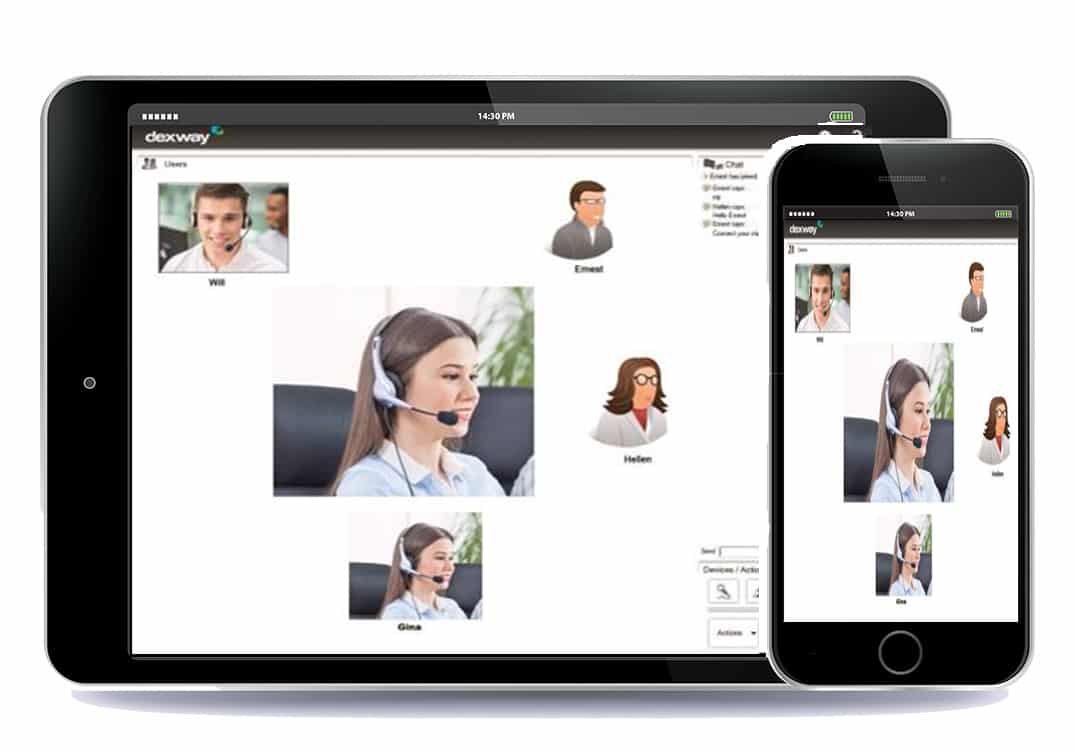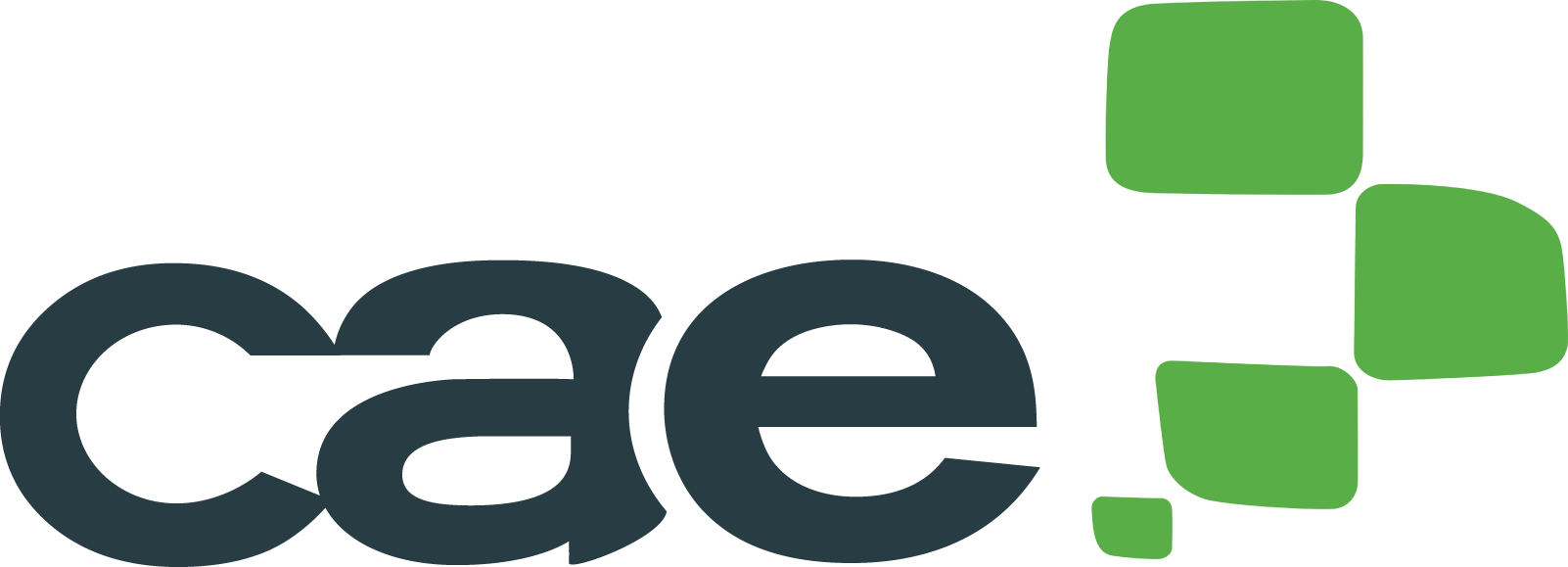Technology is changing school study habits. The times of hitting the books and systematically repeating content are from when the digital era was yet emerging. Part of the reason for this change of habits corresponds to learning platforms. Are they revolutionising teaching? Can a learning platform constitute a turning point in study habits and learning processes? Perhaps. What is clear is that the traditional meaning words like “study” and “homework” have changed.

5 positive consequences of the learning platform on study habits
#1. Motivation
Learning platforms improve the enthusiasm of students facing day to day learning. Due to their diversity of resources, interactive tools, activities and possibilities for incorporating content in SCORM format, they provide learning with a dynamic and versatile character. In this way, contexts and exercises are recreated, which allow the content defined by the tutor or teacher to be put into practice in a pleasant, and intuitive way. Ultimately, they enrich training and help to generate habits without the sensation of monotony.
#2. Socialisation
A learning platform must offer students and teachers different tools oriented towards collaborative learning: forums, text chats, voice, video, virtual classrooms… Essentially working from an LMS that facilitates the exchange of documents and content in multiple formats (PDF, AVI, JPEG, BMP, PNG, PPT, Word, etc.). It does not only involve finding orientation and support at occasional times, but encouraging participation, completing training with other points of view, empathising and strengthening personal relationships through synergy, generating the sensation of belonging to a group – Socialising. Additionally the student increases their level of commitment, and finds suitable contexts for strengthening their skills and attitudes for learning.
#3. Technological skills
Technological development is constant in our daily lives. Acquiring technological skills from the digital environments that a learning platform offers is practically essential for knowing how to adapt to changes in the existing models and the professional activity of the future of our society. Among these skills, learning platforms begin with the mastery of ICT (information and communication technology) to use them to learn how to access the content that complements learning, to select the most relevant elements, analyse them, and draw conclusions. In fact, technological skills help to develop critical thinking, problem solving, creativity and collaboration. Additionally, they foster interest and curiosity in knowledge and innovation, while improving the capacity for initiative, adaptability and integration.
#4. Management of information and time
The learning platform must provide multiple additional tools for planning training such as schedules, timetables, notifications, communications and news. Consequently, students learn to coordinate their activities, to be more selective, and to establish priorities, optimising their time and dedication. This helps them obtain the maximum performance from their efforts.
#5. Sense of responsibility
Moving on, learning platforms have multiple variables for checking the success of learning. In this sense, a learning platform must provide the student with self-evaluation tools, (tests, interactive material, contextualised situations, etc.). Through the self-evaluation, the student becomes aware of their progress, their level of learning and their areas for improvement. Furthermore, the professor may detect these areas to strengthen, develop exercises and specific content and improve the level of learning. Therefore, self-evaluation is an exercise in responsibility, a precise and effective way of understanding the level of learning. Additionally, an advanced learning platform provides various resources oriented to control and monitoring. These tools allow the level of commitment of the student to be maintained, while reducing the amount of pressure on them, as the processes for measuring the effectiveness of learning are not limited to occasional controls upon which the whole qualification is based.
In conclusion…
Learning platforms have a decisive influence on transforming traditional “study” into healthier and more effective learning habits. In this sense, CAE (Computer Aided E-learning) has over 40 years of experience in e-learning training. Over this time, leadership in the sector has been maintained, with notably innovative work being recognised, oriented towards incorporating technology and resources into its digital platforms, requiring the highest quality learning in a modern society.
You may also be interested in:

